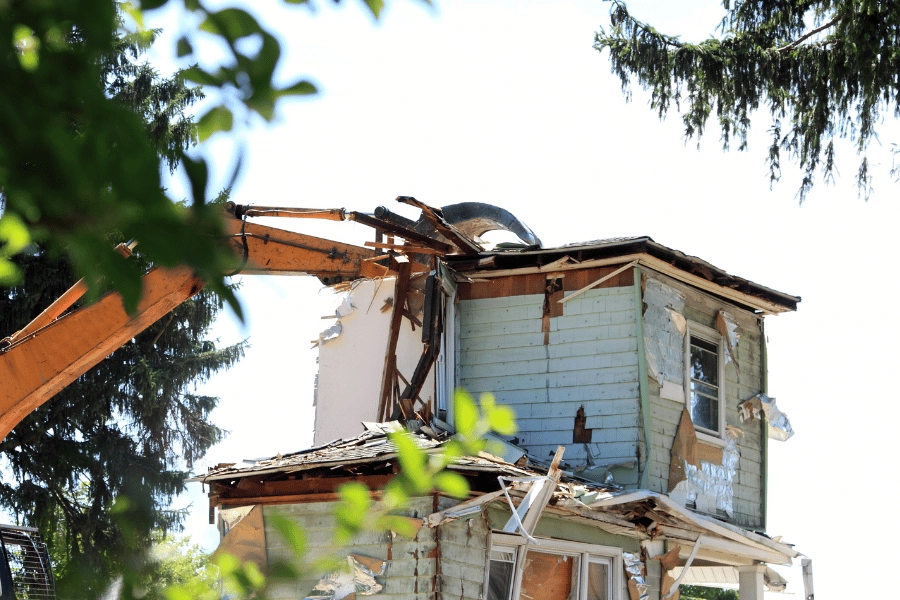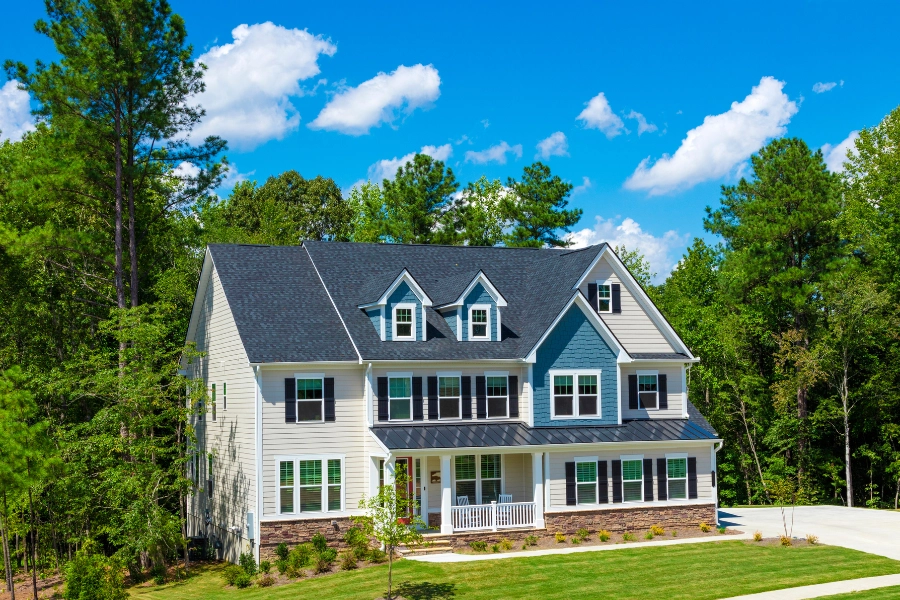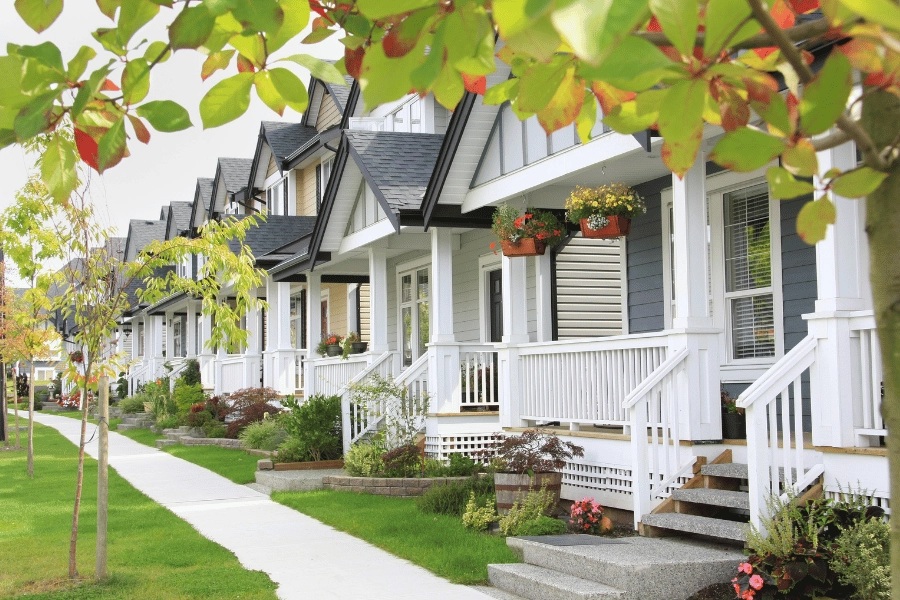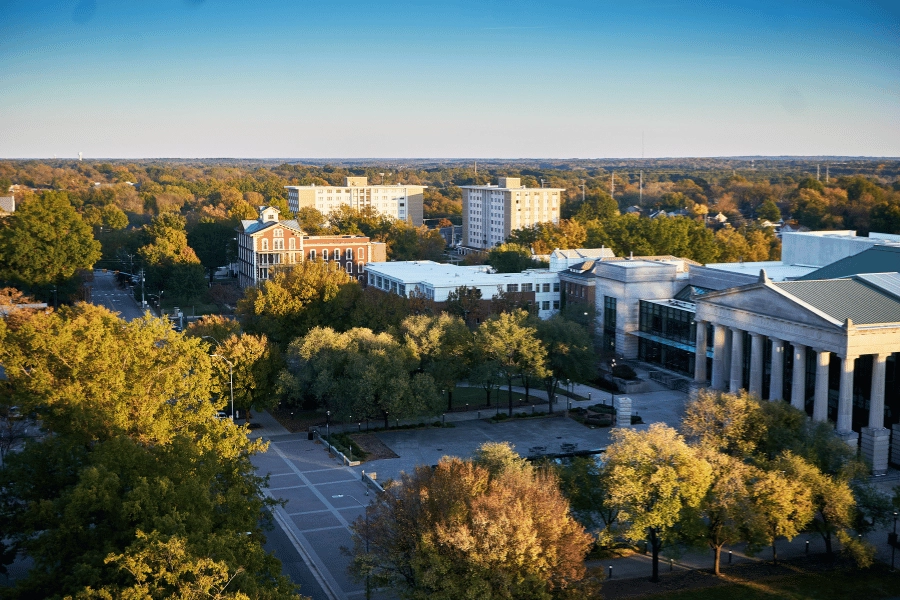Recent Blogs
Posts by Categories
- Buying (214)
- Selling (141)
- Realtors® (130)
- Life in Raleigh (129)
- Homeowner Guides (108)
- Moving to (82)
- Things to do (67)
- Raleigh Real Estate (33)
- Restaurants (22)
- Neighborhoods in Raleigh, NC (19)
Posts by Month
- January, 2026 (13)
- November, 2025 (27)
- October, 2025 (27)
- September, 2025 (28)
- August, 2025 (30)
- July, 2025 (23)
- June, 2025 (29)
- May, 2025 (27)
- April, 2025 (17)
- March, 2025 (15)
Homes for Sale by City
- Angier Homes
- Apex Homes
- Cary Homes
- Chapel Hill Homes
- Clayton Homes
- Durham Homes
- Fayetteville Homes
- Fuquay-Varina Homes
- Garner Homes
- Holly Springs Homes
- Knightdale Homes
- Middlesex Homes
- Morrisville Homes
- Pittsboro Homes
- Raleigh Homes
- Rolesville Homes
- Sanford Homes
- Wake Forest Homes
- Zebulon Homes
- Downtown Raleigh Homes
- Inside The Belt Homes
- North Hills Homes
- All Cities >
- Newest Listings
What's your home worth?
Have a top local Realtor give you a FREE Comparative Market Analysis
@ Copyright 2026, RaleighRealty.com - Powered by AgentLoft


![10 Best Builders to Sell Your Home to in Raleigh, NC [2026]](https://raleighrealty.com/rr-images/uploads/blogs/1769718280128-96395581-Best-Home-Builders-to-Sell-Home-to-in-Raleigh,-NC.png)


![How To Sell an Inherited Home in Raleigh, NC [2026 Guide]](https://raleighrealty.com/rr-images/uploads/blogs/1768947894285-754962438-Sell-Inherited-Home-Raleigh,-NC.png)


![15 Best Neighborhoods to Know BEFORE Moving to Apex, NC [2026]](https://raleighrealty.com/rr-images/uploads/blogs/1744406743892-807977027-Best Neighborhoods in Apex, NC.png)
![11 Best Neighborhoods in Cary, NC [2026 Guide]](https://raleighrealty.com/rr-images/uploads/blogs/1743022247326-325438967-Beautiful Residential Home with Brick - Neighborhoods in Cary.png)
![10 Things to Know BEFORE Moving to Apex, NC [2026 Guide]](https://raleighrealty.com/rr-images/uploads/blogs/1768004357685-634561262-Moving-to-Apex,-NC---Living-in-Apex.png)
![10 Things to Know BEFORE Moving to Cary, NC [2026 Guide]](https://raleighrealty.com/rr-images/uploads/blogs/1742507582381-855732085-Downtown Cary Park Fountain (1).png)
![17 Best Neighborhoods in Raleigh, NC [2026 Guide]](https://images.agentloft.com/rr-images/uploads/rr-migrated/blogs/August2024/E0Cjyqy5pGsC61lv5bGG.jpg)





.png)
